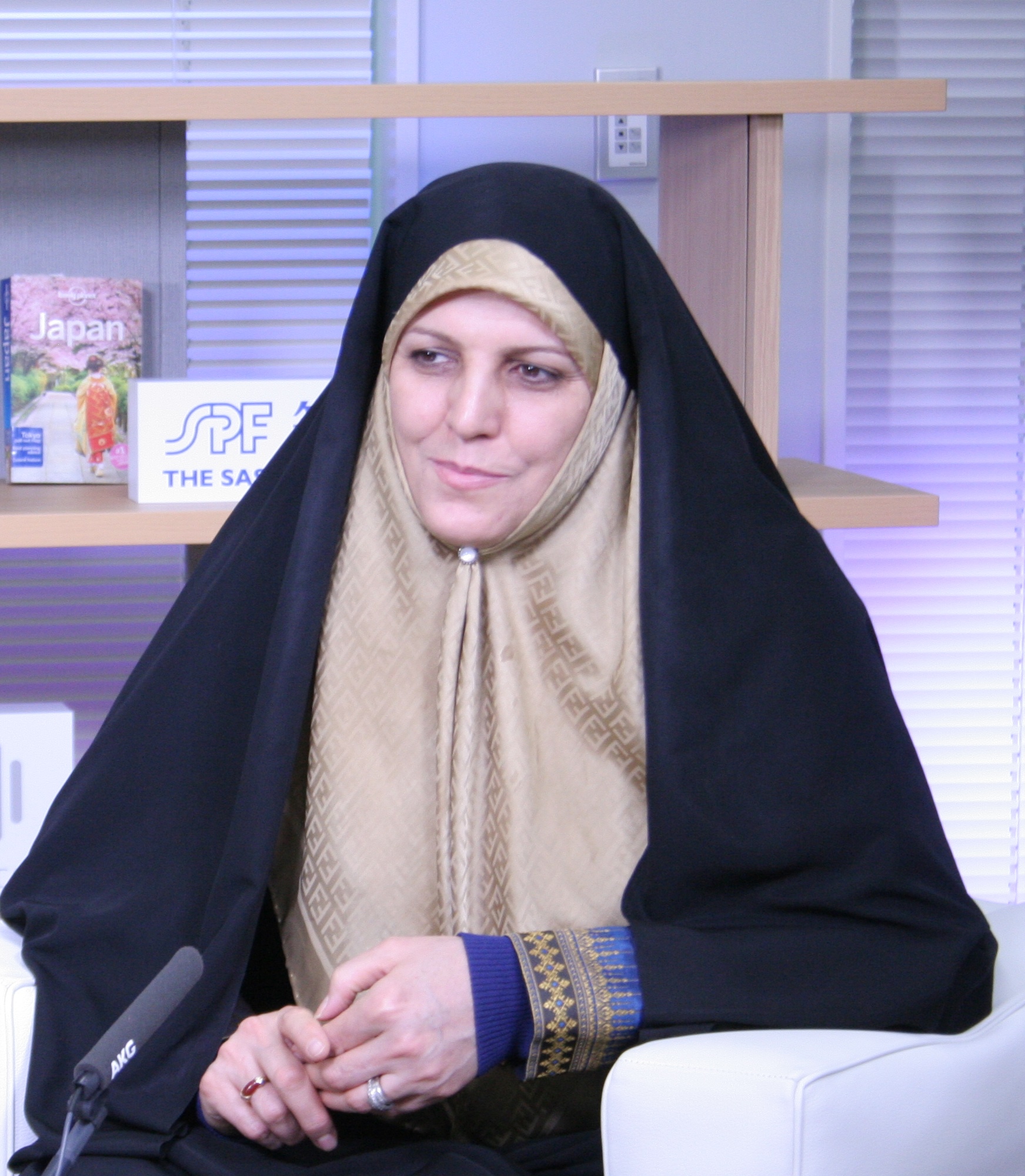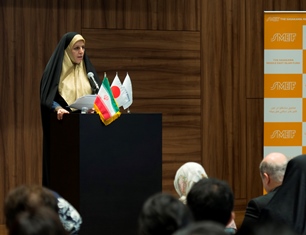Interview with Vincent Pala, Member of Parliament for Shillong, Meghalaya state, India
As India looks to deepen ties with Japan and other countries through its Act East policy, Northeast India — a diverse region composed of eight states — has become a key gateway from India to Southeast Asia and beyond. SPF spoke with Vincent Pala, a member of parliament representing Shillong in the state of Meghalaya, to discuss the significance of international exchanges and expectations for future collaboration between Japan and India.

